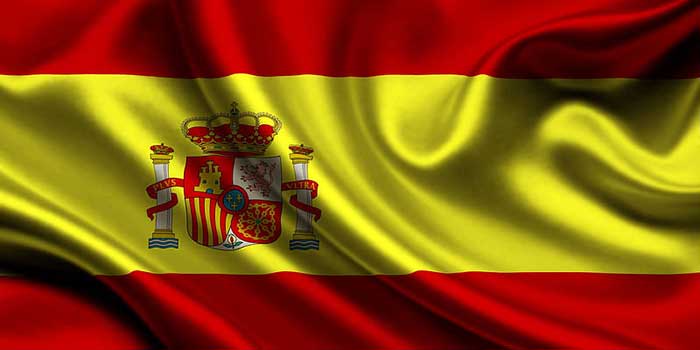The Health and Consumer Affairs Committee of the Spanish Senate approved a measure on October 26 that would make several reforms to Spain’s gaming sector. As a result of the committee’s recommendation, the Senate quickly passed the legislation and it is currently being signed into law.
In May, proposals to update the Gambling Law of 2011 were submitted; by September, the Chamber of Deputies had approved them. As of Wednesday, 28 October, 146 Senators have voted in support of the bill’s modifications, with 113 Senators opting out. A 30% tax and other adjustments were all shot down. The revised statute included a total of 22 modifications.
Improving Player Protection and Ad Limits
Substantial changes to the gaming industry’s response to problem gambling are required under the new legislation. New restrictions make it less likely that minors or those with mental health or addiction problems will be able to become involved in gaming. Plus, it calls for a stepping-up of sports-event surveillance. The hope is that this will cut down on the frequency with which scams like match-fixing are perpetrated.
Sports betting, advertising limits, and problem gambling laws are just some of the areas that will be altered. During the Covid epidemic, many Spaniards stayed inside and were subjected to an onslaught of commercials for gambling and sports betting services on television and the radio.
Although several limitations were removed, many of them were reinstated on November 1, 2020. All of the Ministry of Consumer Affairs’ demands for a return to the strictest advertising regulations have been met by the current amendments.
As a result, Spanish gaming businesses will need to develop “vanilla” ads. Commercials and advertisements can’t make it seem like gambling improves one’s chances of success in life or their social standing. They also aren’t allowed to use money or high-end items in their advertising.
Loot Boxes Caught in the Crosshairs
Loot boxes, virtual containers in video games that may be purchased and opened to get in-game items like new equipment or a new look for one’s character, were also mentioned in the legislation. The measure left all options open for the government to take whatever action it deems appropriate while Spain investigates whether or not these constitute a form of gambling.
For many countries, the main challenge in trying to regulate loot boxes is that they don’t “look like gambling” according to current definitions. Because of this, businesses may provide them without avoiding the strict rules that govern other forms of gambling. Spain’s response to them will be intriguing to see.



